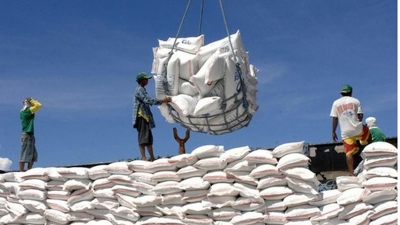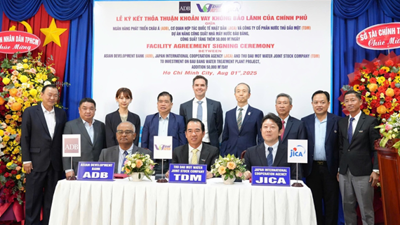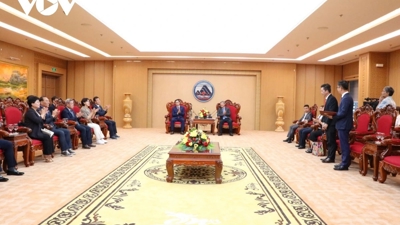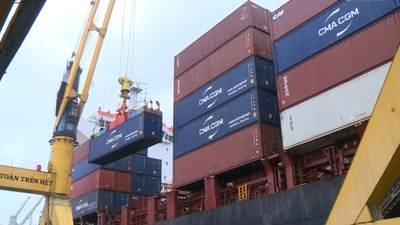New draft law opens doors for private airport investors in Vietnam
The established principle is that the State maintains unified ownership of critical infrastructure, while investors are only granted the right to manage and operate it under a contract.
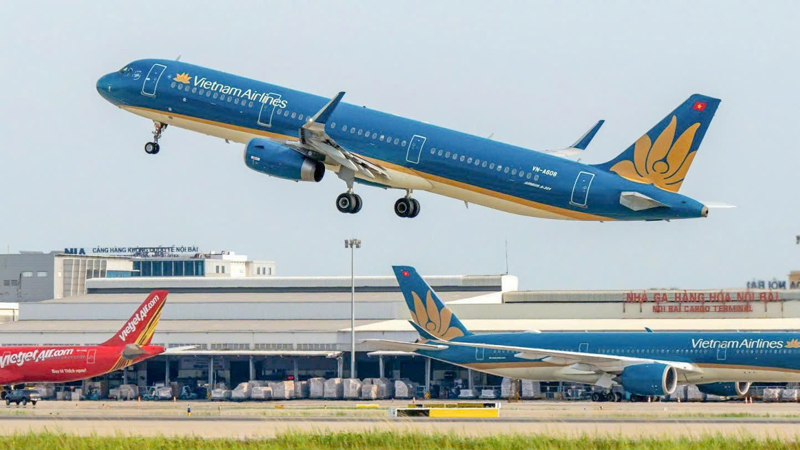
The Ministry of Construction has submitted a draft Law on Civil Aviation of Vietnam (to replace the current law) to the Government, according to a report from the Government News.
The draft builds upon and develops regulations that have been applied in a stable and effective manner, while also introducing amendments and supplements to implement related policies of the Party and the State, align with international treaties to which Vietnam is a member, resolve existing obstacles, and create a driving force for development in the new era.
Specifically, the draft amends regulations concerning the Aviation Authority and the Aviation Security Authority.
Accordingly, the draft clearly designates the Ministry of Public Security as the state management body for aviation security. The draft also clearly delineates the duties and powers of the relevant authorities.
The draft adjusts regulations to allow civil aviation activities by the armed forces and State agencies to be governed by this Law in the absence of specific separate regulations. This clarifies the law's scope of application, aligns with the 1944 Chicago Convention, and creates a legal framework for public service flights amidst the modernization of equipment by relevant agencies.
Regarding the management, operation, and export of aircraft, the draft is amended to ensure compliance with international treaties and improve the national credit rating, as recommended by the Aviation Working Group (AWG). This will, in turn, create more favorable conditions for Vietnamese airlines to access credit when leasing or purchasing aircraft.
The draft amends regulations on airport planning, investment, and operation to be more flexible and aligned with common international models. It also encourages all economic sectors to participate in investment, while maintaining the leading role of state-owned enterprises in this key sector.
The established principle is that the State maintains unified ownership of critical infrastructure, while investors are only granted the right to manage and operate it under a contract. The selection of investors will be conducted in accordance with current laws on investment, bidding, and construction to ensure publicity and transparency, while also meeting requirements for national defense, security, and national sovereignty.
The draft also amends regulations concerning the obligations of carriers to clarify their responsibilities and protect the rights of passengers using air transport. This measure is also expected to improve service quality, regulate operational activities at airports, and reduce the frequency of flight delays and cancellations.


